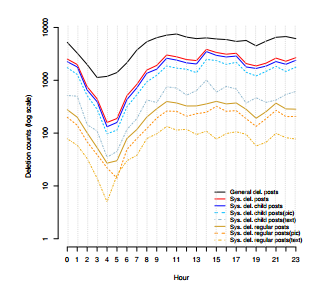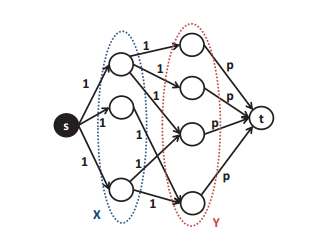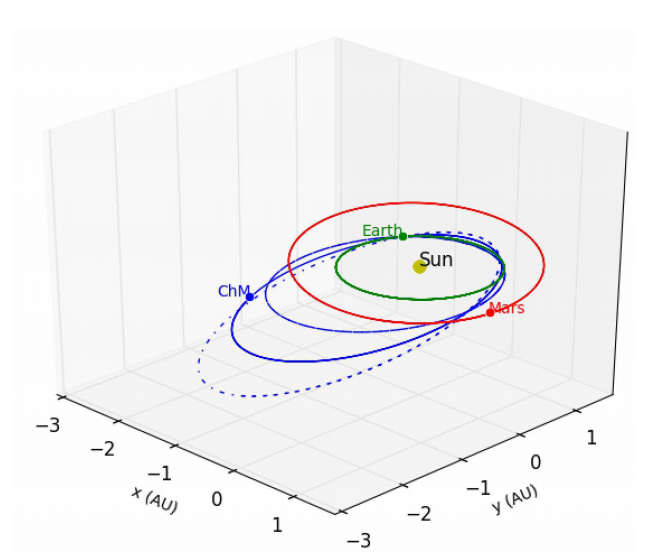- Crime Software: Still Awaiting a Verdict
Scientific data not yet in on how much crime-reduction software predicts, and how much it motivates.
Seattle last week became the latest city to install software that tries to predict where crime will strike, giving cops an edge. Indeed, crime reductions have been observed in cities where the tool—called Predpol—is installed and its recommendations followed. But with a dozen cities having joined the bandwagon, one fact is worth noting: no scientific paper has showed to what extent the software itself deserves credit, and whether the power of suggestion, and increased efforts on the officers’ part, might be playing a role.
- Once-Pricey LED Bulbs to Dip Under $10
- Computer Scientists Measure the Speed of Censorship On China's Twitter
- BMW’s Solution to Limited Electric-Vehicle Range: a Gas-Powered Loaner
BMW’s approach to quelling range anxiety differs markedly from the tactics of other automakers.
While they wait for cheaper batteries that can store more energy, carmakers are trying a range of strategies to compensate for the shortcomings of existing batteries. One of the latest, coming from BMW for the electric i3 slated to come out this year, is to offer customers loaner cars for long trips (see “BMW Shifts into Electric Gear”).
- How Facebook Slew the Mobile Monster
The fortunes of the world’s largest social network depend on how much it can earn from mobile advertisements.
Scarcely a year ago, Facebook was the poster child for Internet companies blindsided by the rapid shift of online activity from computers to smartphones and tablets. Just before its highly anticipated initial public offering last May, Facebook revealed that it wasn’t making “any significant revenue” from its mobile website or app—even though more than half its 900 million members used the service on mobile devices.
- When Kickstarter Works, It's Rewarding – and Potentially Addictive
- Scientists Create Tadpoles That See from Their Tails
An eye transplanted to a tadpole’s tail can detect and interpret light.
The latest addition to the strange menagerie of engineered animals is a group of blind tadpoles that see out their tails. The findings, published in the Journal of Experimental Biology in February, provide further proof of the nervous system’s remarkable capacity to rewire itself.
- Brain-Boosting Technique Might Help Some Functions While Hurting Others
Electrically stimulating the brain may enhance memory, but impede with a person’s ability to react without thinking.
We would surely all love a way to boost our brain power. But new research suggests that one promising experimental method could come with a cost. Using a noninvasive technique to stimulate the brain, researchers found they could enhance learning when they targeted a certain spot. But that also made people worse at automaticity, or the ability to perform a task without really thinking about it. Stimulating another part of the brain had the reverse effect, on both learning and automaticity.
- Why Apple Should Rename the iPhone the “WeatherVain”
Digest powered by RSS Digest








